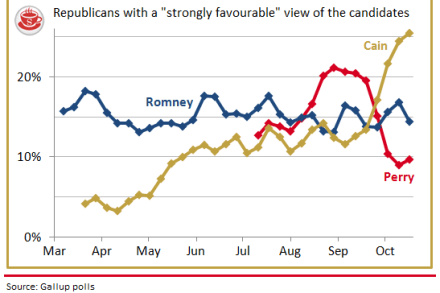Executive pay: don’t believe the headlines
Open yesterday’s or this morning’s papers, and you’ll find plenty of reports about the snouts of FTSE100 chief execs being in the trough again, while the rest of us suffer. Their pay is up 49 per cent, we read. Most people’s first and only response to these accounts of the Incomes Data Services’ (IDS) latest findings will be anger — and understandably so. But much of this anger and reportage is based on a mis-reading of the actual report. The BBC’s influence is huge. Its original report compared the rise in base salaries (which wasn’t 49 per cent, but a much less impressive 3.2 per cent) with a median rise










